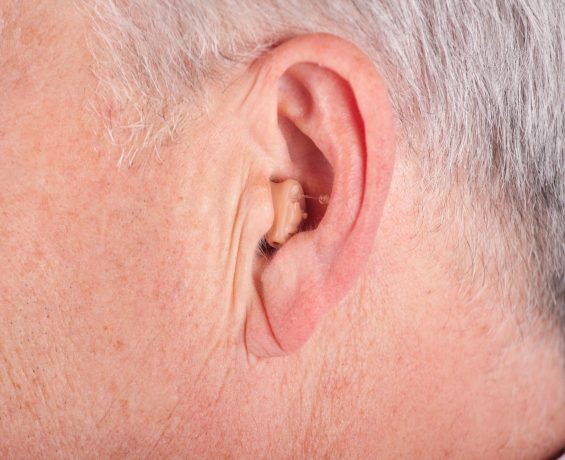Frequently Asked Questions
A Registered Hearing Aid Practitioner (RHAP) is trained in the selection, fitting, and dispensing of hearing aids. They have knowledge of hearing loss, and hearing aid technology, and are skilled in performing hearing tests to assess an individual’s hearing capabilities. While RHAPs are knowledgeable about ear and hearing aids, their scope is primarily focused on non-medical aspects of hearing loss and the use of hearing aids. However, during the process of hearing assessments, an RHAP might identify signs that suggest an underlying ear problem, such as earwax buildup, abnormalities in hearing patterns, or issues with the ear canal or eardrum. If such signs are detected, an RHAP would typically refer the individual to an audiologist or an ear, nose, and throat (ENT) specialist for a more comprehensive evaluation and diagnosis. It’s important to note that RHAPs are not qualified to make medical diagnoses or treat medical conditions of the ear. Therefore, while a Registered Hearing Aid Practitioner can detect potential ear problems through initial assessments, it is the role of an audiologist or an ENT specialist to diagnose and treat medical ear conditions.
There are various types of hearing problems that individuals may experience, and these can be categorized based on the part of the auditory system that is affected. Common types of hearing problems include:


Hearing Assessments

As hearing experts, we provide comprehensive testing and work with ENT specialists to ensure the care of your hearing health.
South Edmonton: 780-809-1349
St. Albert: 780-590-1349